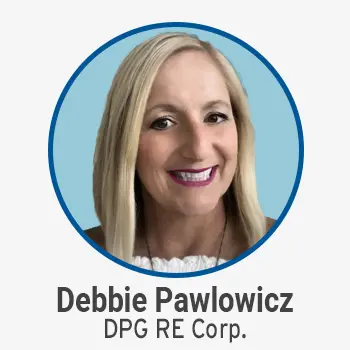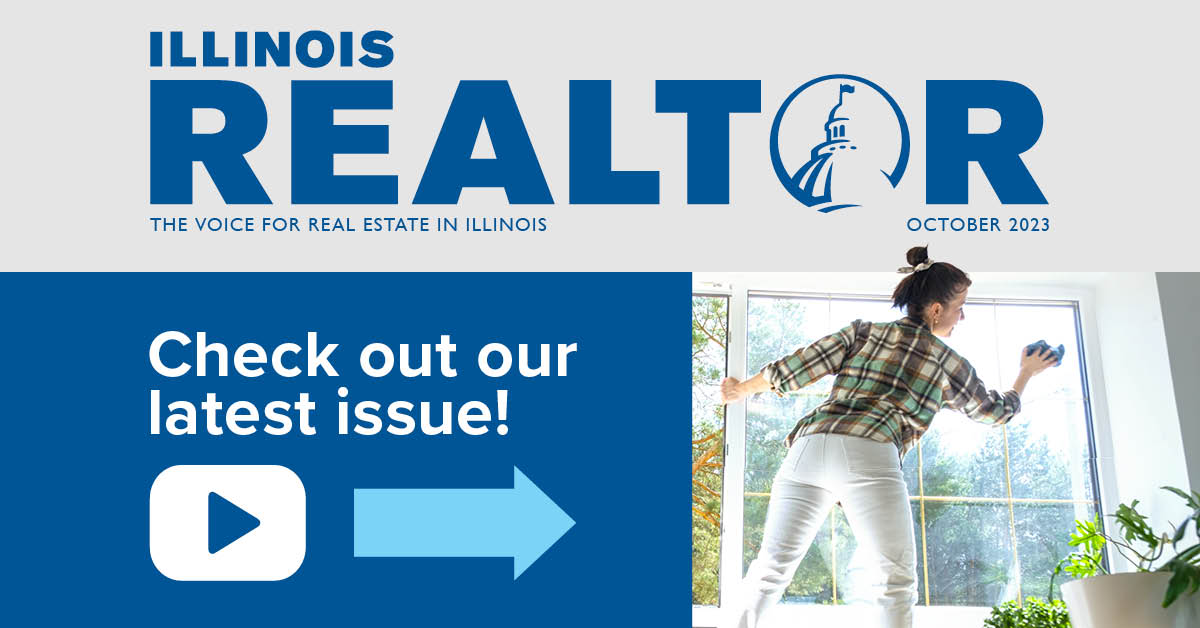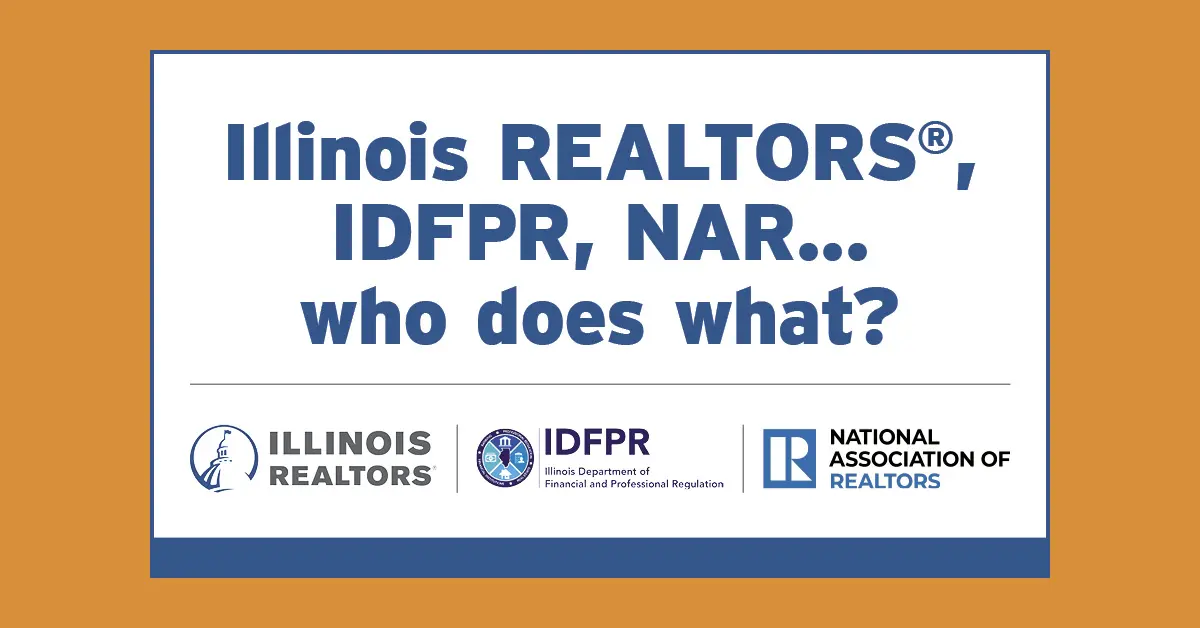Understanding mortgage financing and how changes in loan programs may affect your clients is a vital component of working in real estate.
Chris Read, vice chair of Conventional Financing and Policy Committee for the National Association of REALTORS®, says it’s critical that REALTORS® develop strong relationships with lenders and are well-versed on mortgage industry trends.
“I call it proactively positioning a client for a successful transaction,” said Read, managing broker-owner of CR REALTOR® and CEO of CR Strategies in Woodridge. “REALTORS® are the first professionals clients are talking to. This means educating them on the process, disclosures, agency, on their financing ability, the preapproval advantage.”
“As REALTORS®, we need to be familiar with what they need for a down payment. Some buyers think they need 10 or 20 percent down, and that’s not true with many programs available today,” she says.
With the arrival of summer, the Illinois home buying season is here, and excited consumers are already shopping around. Here are some mortgage financing updates that REALTORS® need to know and understand:
Easier self-employed financing
It’s long been a struggle for many who are self-employed to qualify for a mortgage.
While more traditional workers have W-2 forms or pay stubs to verify their incomes, lenders often require extra paperwork for the self-employed, such as full documentation of tax returns from the last two years.
This year the process for the self-employed is changing in ways to make it easier to assess income. Some lending institutions are looking at bank statements instead of solely relying on tax documents.
“Tax returns may not be a true reflection of income because of tax write-offs,” said Crystal Lake REALTOR® Kay Wirth, a member of NAR’s Federal Financing & Housing Policy Committee. “Some lending institutions are using 12 or 24 months of bank statements, so that income is determined by two years of deposits rather than two years of tax returns.”
Wirth, a broker with RE/MAX Unlimited Northwest, encourages real estate agents to check with lenders to see if their bank or lending institution is implementing this change.
“Lenders may create their own overlays that may make it more restrictive, so REALTORS® always need to check with lenders on each client’s situation,” she said.
Freddie Mac and Fannie Mae are also making changes that could benefit the self-employed, adopting an automated system called LoanBeam.
Instead of an underwriter wading through tax documents, lenders can now upload paperwork directly to LoanBeam, which can electronically read tax returns, identify what qualifies as eligible income and integrate this information into the electronic underwriting system – all within minutes.
Self-employed individuals may not be the only ones realizing the positive effects of automation. Fannie Mae’s new Day One Certainty program is automating all areas of underwriting, seeking to “process loans all the way to close without a pay stub,” said Nathan Britsch, Executive Vice President of Compliance at Neighborhood Loans and secretary/treasurer for the Board of the Illinois Mortgage Bankers Association.
“The benefit to buyers is speed; we’re starting to see processing times go down dramatically, especially this year,” Britsch said.
Higher FHA loan limits for 2019
The Federal Housing Authority (FHA) is required by the National Housing Act to set single-family forward loan limits at 115 percent of median house prices. The limits, which are subject to a minimum floor in lower cost areas and a maximum ceiling for higher cost areas, are calculated by Metropolitan Statistical Area and county.
This year, the U.S. Department of Housing and Urban Development raised FHA loan limits in 3,053 counties.
FHA’s 2019 minimum national loan limit, or floor, of $314,827 is set at 65 percent of the national conforming loan limit of $484,350. This applies to those areas where 115 percent of the median home price is less than the floor limit.
Any areas where the loan limit exceeds this floor is considered a high-cost area, and FHA is required to set its maximum loan limit “ceiling,” such as Chicago, at 150 percent of the national conforming limit.
“Different counties in Illinois have different FHA maximums,” Read noted. “It’s vital that a licensee know those maximums in the county they’re working for their client; there are three different numbers to know for Illinois.”

Tougher FHA credit standards
In March, FHA announced that higher-risk loans will be subject to a more intensive manual underwriting process.
The new standards apply to loans in which the applicant has a credit score below 620 and a debt-to-income ratio above 43 percent.
FHA insures mortgages for first-time home buyers and borrowers with low credit scores and high loan payments relative to their incomes.
“Home values have gone up, which is outstripping affordability,” Britsch said. “In general, the ability of FHA to keep up with affordability is a good thing. FHA allows people who don’t fit into a particular box or couldn’t otherwise afford it to purchase a home.”
FHA’s new standards could affect about four percent of the mortgage applications they receive, or about 50,000 applications in a typical year. That’s not to say those loan applications won’t be approved; the FHA says it is simply attempting to protect its reserves and to minimize risk with a tighter process.
“The mission is supporting sustainable homeownership. We want credit available for any American who has ability to repay on that,” Read said.
“The largest sector of millennials is turning 30 in 2020, and this is a prime buying time for them,” she added. “FHA is a viable product for them, and that’s why a licensee needs to know the ins and outs of an FHA loan. It’s the first-time buyers that are going to reshape our whole industry.”
More mortgage trends
Other trends and events are continuing to shape current home buying practices as well.
FHA has been discussing changes within their condominium regulations. Wirth said she counsels buyers to be cautious when purchasing a condo at this point.
“Check and make sure the condominium is FHA-approved,” she said. “When the market tightened up, a lot of condo associations let their FHA approvals lapse; when owners couldn’t sell, they started renting, which caused a lot of condos to lose FHA approval. It became expensive and arduous to renew them because of limits on owner-to-occupancy regulations. This trend changed the complexity of purchasing condominiums for a lot of buyers.”
In his role, Britsch is seeing an increase in renovation loans as the inventory of homes becomes more limited, particularly in cities.
“Neighborhoods that are not able to get traditional financing are starting to get second looks by a lot of buyers; a lot of these homes just need some TLC,” he said. “In city centers where people want short drive times and the benefits of city living, renovation financing will help revitalize these areas. We’re seeing a big increase in the amount of construction and renovation financing we’re doing.”
REALTORS® in the know
Real estate agents need to stay up-to-date on any changes in regulations your lenders are dealing with because it trickles down into your own process. Early and constant communication with a mortgage lender from all parties involved in home buying is encouraged, Wirth said.
“When I’m working with my buyers, I try to get them into direct contact with a lender as soon as possible, to make sure they get prequalified and preapproved up front, so buyers understand what their capabilities are as far as lending,” she said. “You don’t want to get your buyer into a situation where they submit a contract and then you find out their financing is not approved.
“There are a lot of programs out there to help buyers get into homeownership, and information is key.”
About the writer: Courtney Westlake is a writer and photographer from central Illinois. She can be reached at [email protected]



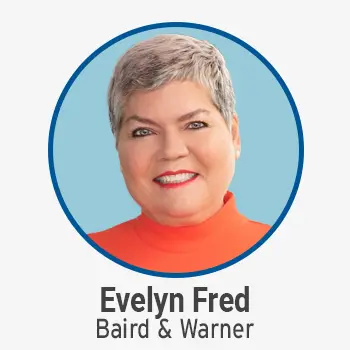
 Create professional development programs that help REALTORS® strengthen their businesses.
Create professional development programs that help REALTORS® strengthen their businesses.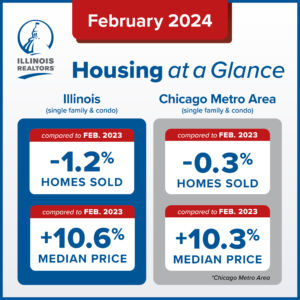
 Protect private property rights and promote the value of REALTORS®.
Protect private property rights and promote the value of REALTORS®.
 Advance ethics enforcement programs that increase REALTOR® professionalism.
Advance ethics enforcement programs that increase REALTOR® professionalism.
 Protect REALTORS® by providing legal guidance and education.
Protect REALTORS® by providing legal guidance and education. Stay current on industry issues with daily news from Illinois REALTORS®, network with other professionals, attend a seminar, and keep up with industry trends through events throughout the year.
Stay current on industry issues with daily news from Illinois REALTORS®, network with other professionals, attend a seminar, and keep up with industry trends through events throughout the year.
